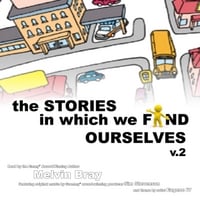(from Ezra, Nehemiah and Isaiah 56—a story of inauguration)
With the completion of the wall around Israel's capital city, Jerusalem, there arose a wave of national pride. It had only taken fifty-two days of focused effort. The repatriated exiles, the returnees from Babylon, were excited about being recognizable as a nation again, no longer the conquered and displaced people whose gentry had been carried off into bondage and whose peasants had been left to eek out subsistence on the surrounding lands. And as is often the case, as the returning gentry felt better about themselves, they also felt better about how God felt about them. The possibility of God's renewed pride for Israel was exhilarating. Had he not already extended his favor by allowing them to return and restore the temple and the city walls?
Though the total city had not been rebuilt, the 3 most important symbols of a promising future had been. The first was the temple, a symbol of God's abiding presence. Now the walls and gates. Walls and gates are symbols of a nation's self-determination. Like the walls of your bedroom which define the space you call "yours" and the door to your bedroom which limits access (even if it stays open all the time), Israel's walls and gates said, "This is our city, and we decide who gets in." Gates and walls also give a nation the ability protect itself as necessary. And wasn't that what God wanted? Wasn't that why he had allowed them to return: to redefine themselves and to protect that renewed vision?
That is exactly what Nehemiah, former cup-bearer to the king of Persia appointed governor of Israel, and Ezra, former scribe to the king of Persia commissioned as high priest, believed. Once the physical walls that defined who Israel was as a nation were complete, these two men believed it was time to erect by analogy the cultural walls that would help define the restored Israel further. After 70 years in exile, who were they? They were the people of God's favor, were they not? Okay, but what does in mean to be the "people of God's favor"?
What does God favor?
. . . Finish the story!

















